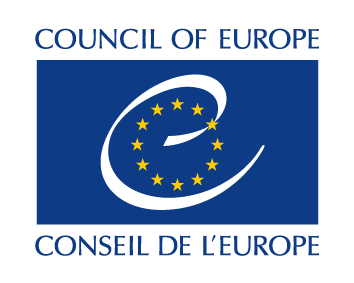LANGUAGE POLICIES AND LANGUAGE REQUIREMENTS FOR MIGRANTS
|

Introduction (English version)
This survey is organized by the Council of Europe Education Policy Division (Language Policy Programme) - DG II, in cooperation with the Association of Language Testers in Europe (ALTE). The survey is part of the Council of Europe 2018-2019 Education programme: “Inclusive approaches in education – language education for migrant/refugee children and adults”. It is streamlined to UN goal #4: ensuring inclusive and equitable quality education.
The survey’s primary purpose is to map the language requirements and knowledge of society (KoS) requirements for migrants in Council of Europe member states prior to entry, for residence (temporary and permanent) and for citizenship. Following up on previous Council of Europe surveys on this topic (2007, 2009, 2013), the 2018 version aims again at identifying trends in policies for the linguistic integration policies of migrants, in learning opportunities and in language and KoS-requirements over time. A new feature in this survey is the particular attention dedicated to vulnerable groups, such as illiterate/low-literate migrants, women, unaccompanied minors, asylum seekers and refugees.
The handling and reporting of the data is anonymous, but you are invited to provide your contact details in order to have the opportunity to contact you during or immediately after the data collection if necessary.
In this survey, ‘migrants’ refers to third country nationals, thus including asylum seekers and refugees, minors, economic migrants and those who entered the host country for family reunion. Foreign students and workers from within the EU/EEC are notthe focus of this survey. Please keep this definition in mind when filling out the questionnaire.
Several questions refer to the language proficiency levels of the Common European Framework of Reference for Languages (CEFR), from below A1 to C2. If you are not familiar with this document, you may wish to consult the CEFR self-assessment grid available online in 32 languages.
Filling in the questionnaire should take less than an hour. Results will be analysed by ALTE in co-operation with the Council of Europe and a subsequent report will be drafted; one of the aims will be to stimulate critical reflection. Answering this survey may require information from more than one ministry or government body in your country. If you wish to consult with colleagues to fill in this survey, please feel free to do so.
For further information on former surveys please explore the LIAM website.
For further information on former surveys please explore the LIAM website.
For further information on this survey, please contact Lorenzo Rocca, the coordinator of this project on behalf of the Council of Europe.
Please fill in the questionnaire by 20 October 2018. Thank you for your time and collaboration!